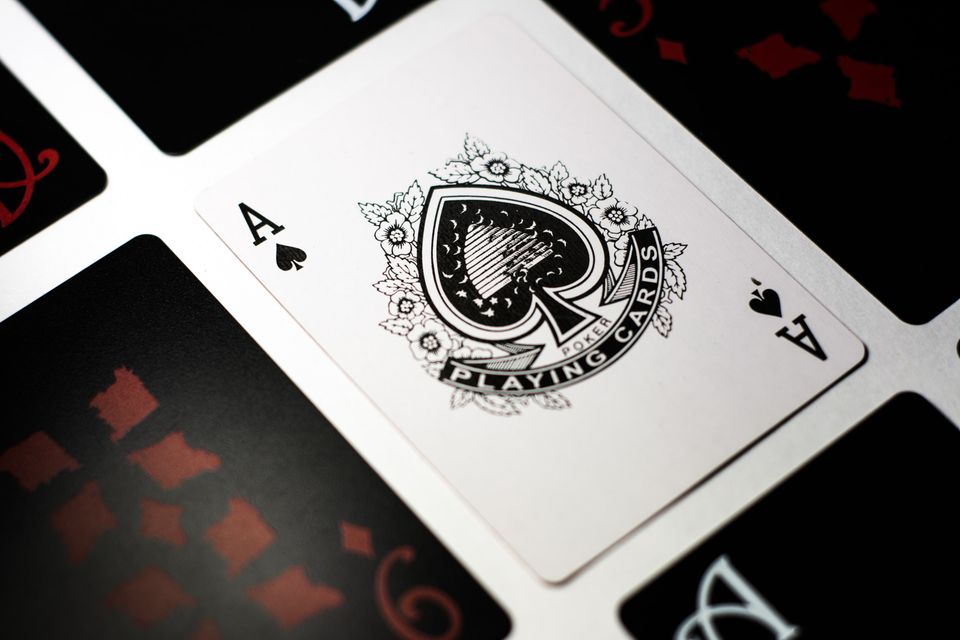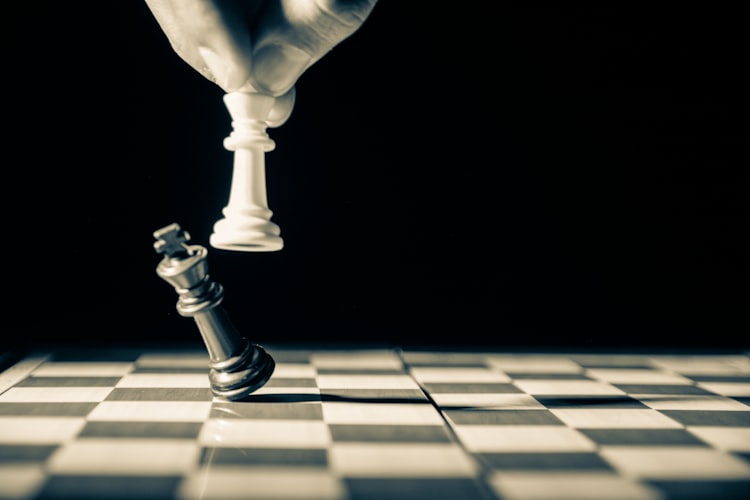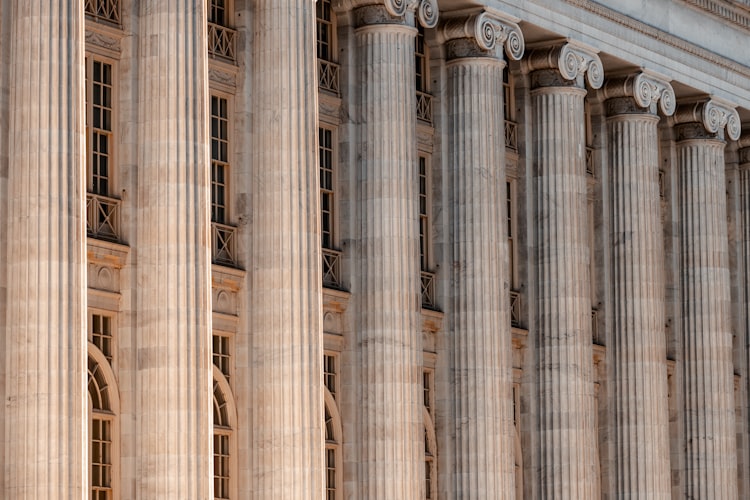Impeachment evidence – use or lose it?

What should you do with smoking gun impeachment evidence: use it during deposition or save it for trial?
In his courtroom, Los Angeles Superior Court Judge Rupert Byrdsong has a sign that says: “Litigation is not poker.” Judge Byrdsong urges counsel to show your cards, right away. In his words, “[t]he litigation process functions well when there is a transparent and ongoing dialogue about the facts of the case, and the law applied to those facts. When the parties really understand what the case is about by understanding the other side’s case, the case is more likely, and more rapidly going to resolve.”
Robert Musante (the masterful instructor of taking “Great Adverse Depositions”) also advocates against saving impeachment evidence for surprise at trial. By waiting for trial, the deponent and opposing attorney will be more prepared about the evidence and its relevance and thus better equipped to deal with harmful evidence. During a deposition as opposed to trial, you have time to ask follow-up questions and obtain other information to develop an attack against a bad answer. And "there is no jury to observe a cross-examiner's failed attacks regarding issues and case theory arguments." According to Musante, many cross-examinations in trial are unsuccessful because there is not enough time to expose deceptive testimony. "Deposition is [a] cross-examiner's laboratory.” And thus the ideal place to use and test impeachment evidence.
Last but not least, by saving impeachment evidence for trial, you risk losing its advantage because more than 90% of cases settle.
For these reasons, I usually don’t save impeachment evidence for trial. Let me know if you agree or disagree.





